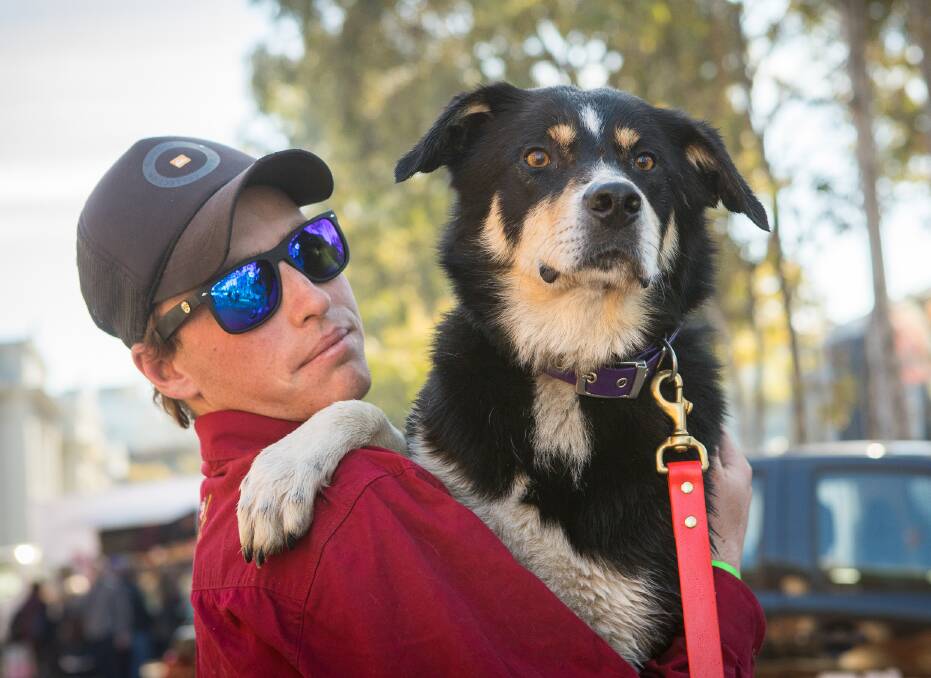
The BackTrack Boys documentary has cut a swathe through the short-film circuit, bringing tears, laughter and, most importantly, hope to audiences. This is the program behind the movie.
Subscribe now for unlimited access.
$0/
(min cost $0)
or signup to continue reading
THREE country boys, Zac, Rusty and Tyson, are on the path to prison until they meet a free-wheeling jackaroo, and turn their lives around by joining his legendary travelling dog-jumping team.
It might sound like the plot of a movie – and now it is, but the story behind the BackTrack Youthworks program is both inspiring and alarming.
Founder and chief executive officer Bernie Shakeshaft puts the BackTrack mission in simple terms: “Keeping the kids alive, out of prison, and helping them chase their hopes and dreams.”
Of course, the reality of that statement is far from simple.
Since its inception in 2006, the BackTrack program has worked with more than 1000 at-risk teens who have been kicked out of the education system, or are on the path to prison, or generally both.
The program boasts an 87 per cent success rate of participants gaining either full-time employment or training and education, while juvenile crime rates in Armidale have dropped at least 50 per cent.
BackTrack takes in troubled teens on a day-to-day basis, helping them not only address their educational problems, but also housing, financial, legal and social issues, as well as anything else in the road of them reaching their potential.
“What’s the point of getting him a job if he can’t read or write, and what’s the point of teaching him to read or write if he doesn’t have anywhere to sleep?” Mr Shakeshaft said.
The boys, and now girls, are put through an individually tailored school curriculum, but are also taught a variety of trade skills, being put to work on local projects to teach self-worth, and the value of a hard day’s work, and always with the program’s signature tool – a sheepdog – by their side.
Similar programs are now popping up across the country, with BackTrack mentoring programs in “hot spots” such as Dubbo, Lake Cargelligo, Condobolin and Bourke.
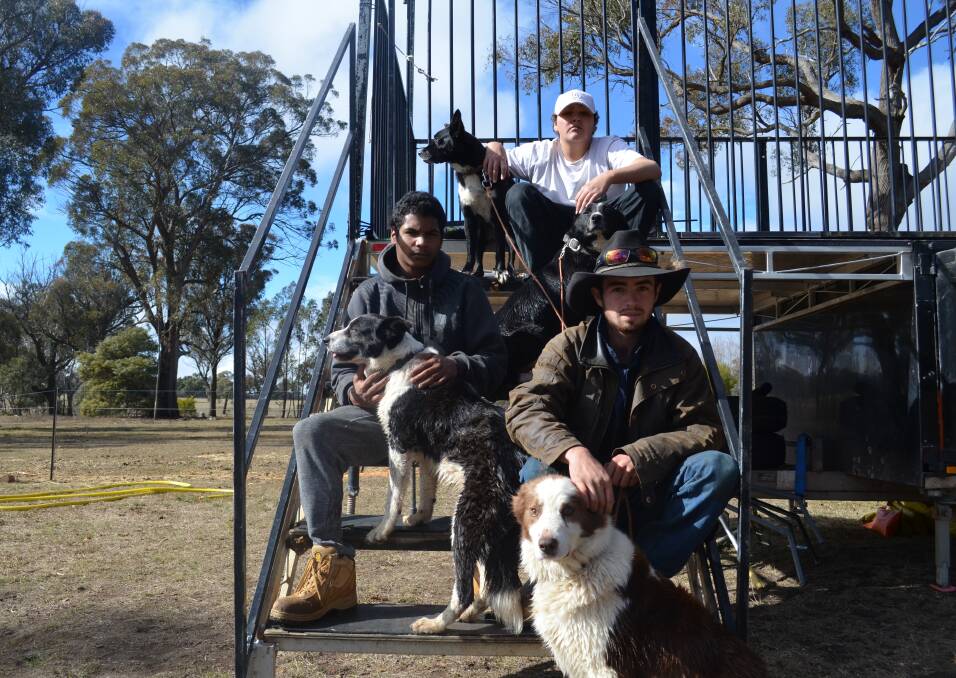
THE MAN AND THE IDEA
Originally from Armidale, Bernie Shakeshaft forged a formidable reputation as a trapper in the Northern Territory.
“I use the same principles they taught me about wild dogs with these wild kids,” he said. “You can’t chase ’em – you go out in front and calmly draw them in.”
Helping youths at risk is “just something I’ve always done”, so when he returned to Armidale in 2004 the idea for BackTrack was “borne out of frustration”.
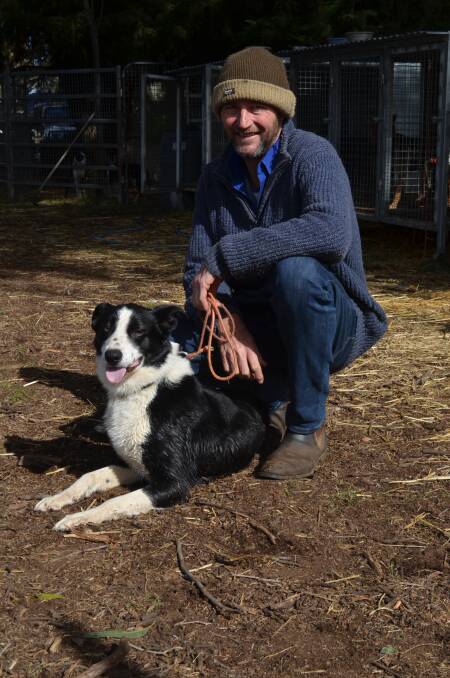
Mr Shakeshaft was teaching at TAFE when Armidale and Duval high schools gave him 20 “ratbags that weren’t going to finish Year 10”, with the task of getting them through the year and job-ready.
“We got them through Year 10, but job-ready ... we were nowhere near the mark,” he said.
Shortly after, Mr Shakeshaft was handed the keys to a former Armidale shire building, a large shed on the outskirts of town where he is still based today, and the seeds of BackTrack were sown.
“We started with the seven wildest boys – the Magnificent Seven,” he said. “We started as volunteers. We had no business plan, no funding; all we had was a big, empty shed.”
The BackTrack team members went public and offered their help with any hands-on projects. Along with those projects came a host of donated tools. The rest is history.
“All seven of those boys went on to finish trades,” Mr Shakeshaft said. “That is the beauty of long-term programs. We were driven by doing the right thing, fixing the gap and giving those boys a hand up.”
THE MAGNIFICENT SEVEN
Nathan Bliss was part of the program’s “Magnificent Seven”. He is certain he would be in jail, or worse, had it not been for an invitation from Mr Shakeshaft in 2006.
These days, having come full circle, “Blissy” is one of the program’s best youth workers.
“I was getting suspended from school almost every week, but I would rather learn with my hands than my head,” he said.
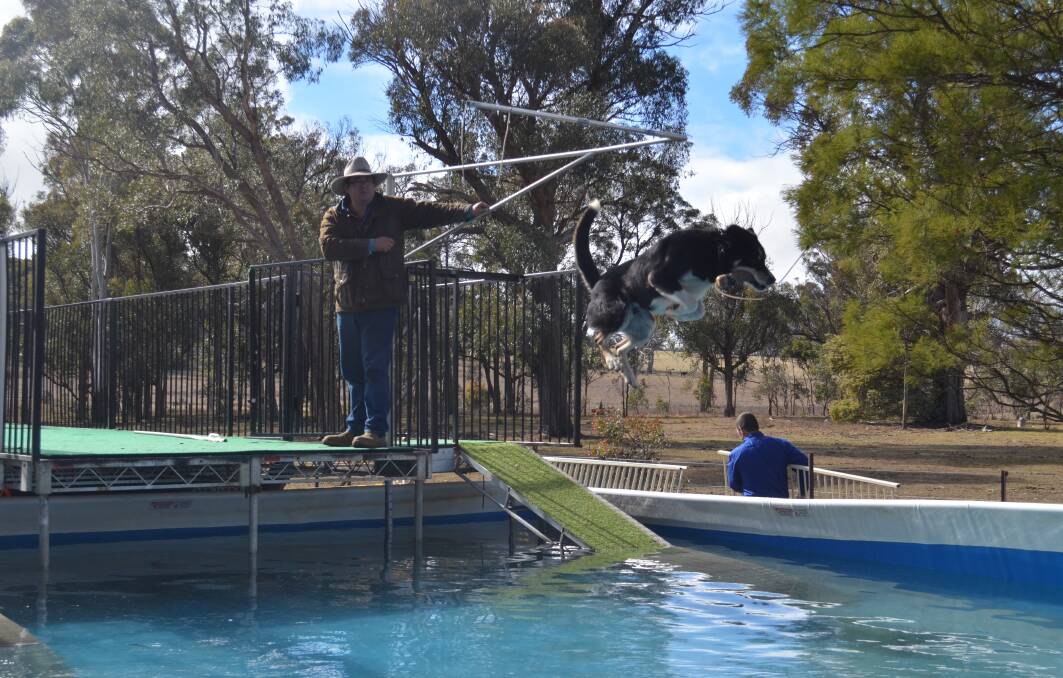
“BackTrack gave me a two-day-a-week break from school and got me through to Year 12.”
After spending five years in the program and leaving with numerous skills certificates, Mr Bliss kept finding himself back knocking on the door. He eventually became the program’s first youth worker seven years ago.
“The door to BackTrack is always open, and they are always there if you do have a fall, because it can be hard to get back in the workforce if you fall out,” he said.
“Bernie saw something that I didn’t see, but I didn’t have to think twice about taking the job. If it wasn’t for Bernie and BackTrack, I wouldn’t be in a good place.”
THE DOGS
Working dogs are the lynchpin of BackTrack. Mr Bliss calls them the “most powerful tool we have”.
When a boy first arrives at BackTrack, they pick a dog – or, more accurately, a dog picks them.
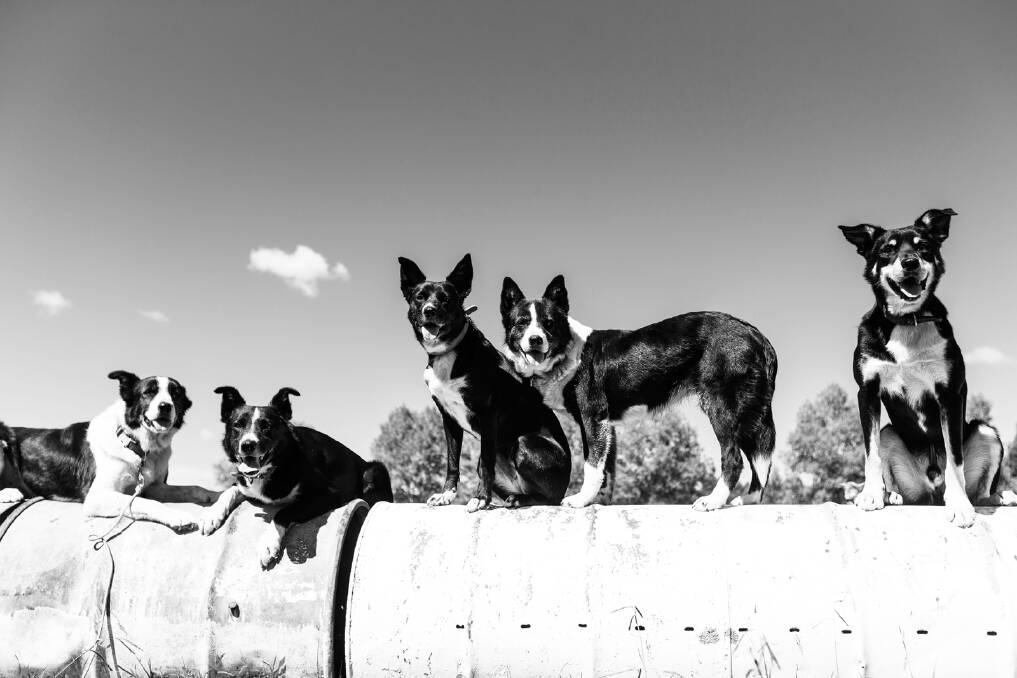
“When a kid first comes in, the dogs give them a fresh start – a clean slate – and we use that metaphor,” Mr Shakeshaft said. “A dog doesn’t judge you, it doesn’t care whether you can read or write, if you have been to jail, or what colour your skin is – he will treat you how you treat him.”
In that first year, Mr Shakeshaft and his friends heard about a dog high-jumping competition at the local show and, after winning that, dog-jumping became part of the program.
“When we look at having a significant impact on juvenile crime stats, that’s how we did it,” he said. “We started carting these boys to shows on Friday and Saturday nights, which is often when they were in trouble, on the piss, or bombed out of their head on drugs breaking into homes.”
THE COMMUNITY
Matt Lynch was the police inspector in Armidale when Mr Shakeshaft first “kicked the idea off” in 2006.
“There were a lot of doubters, but Bernie had this dream and commitment to help,” he said.
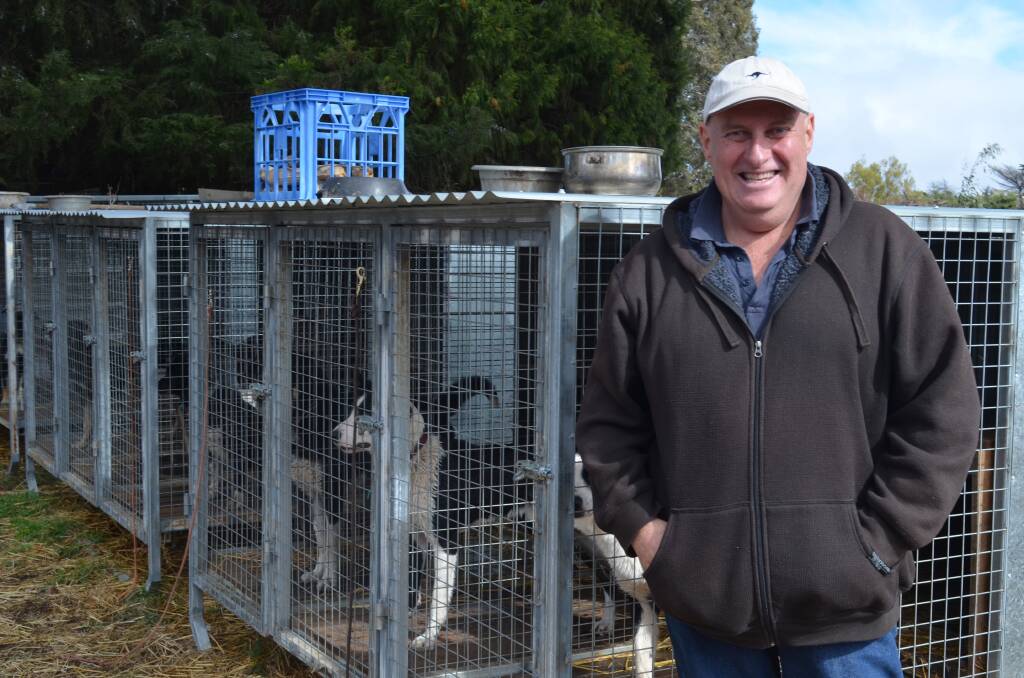
“It didn’t take long for him to achieve incredible results against all odds. The community saw his commitment and moral ethic, and have fully supported him ever since.
“He stuck to his methods from day one, and that is why BackTrack is what it is today: a powerhouse.”
THE DOCUMENTARY
For acclaimed Australian director Catherine Scott, BackTrack Boys wasn’t a documentary film she wanted to make – it was the film she had to make.
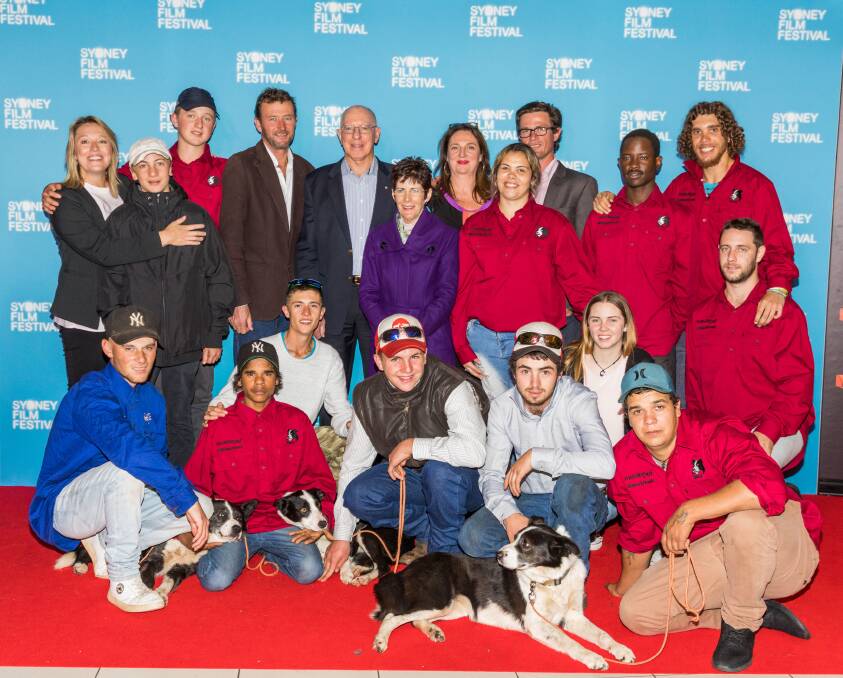
“I hope this film will give greater insight into youth doing it tough in rural Australia, and foster a more in-depth understanding of the issues needed to develop successful, long-lasting social reforms,” she said.
“Ultimately, BackTrack Boys is a small-town, local yarn that addresses some of the most daunting social issues of our time.”
BackTrack Boys will be in cinemas from October 25.

